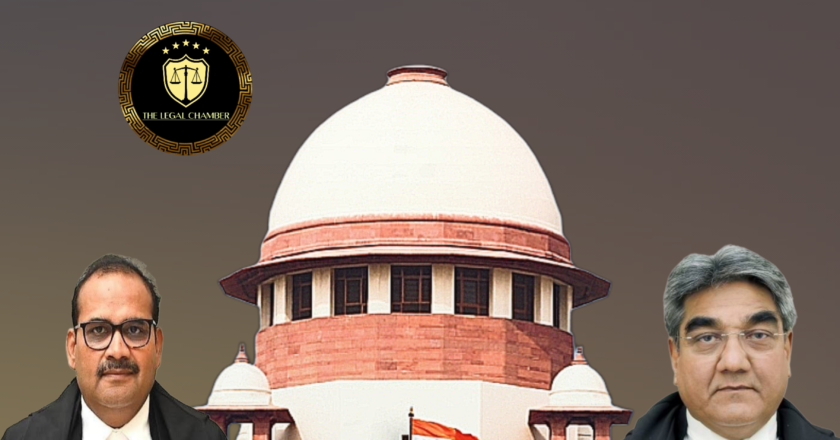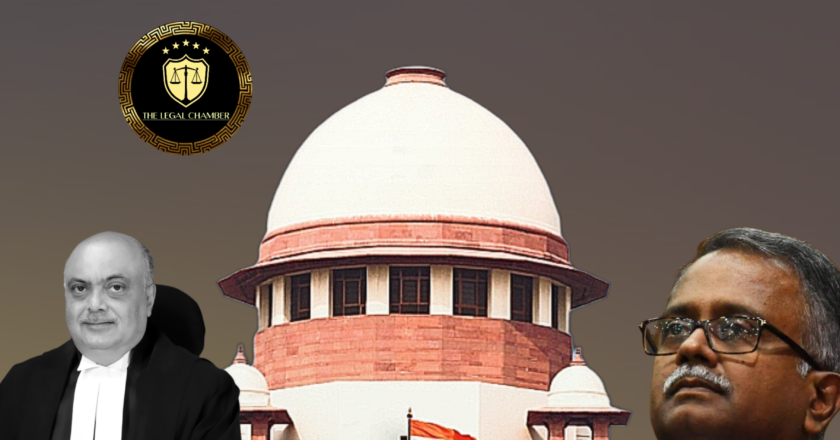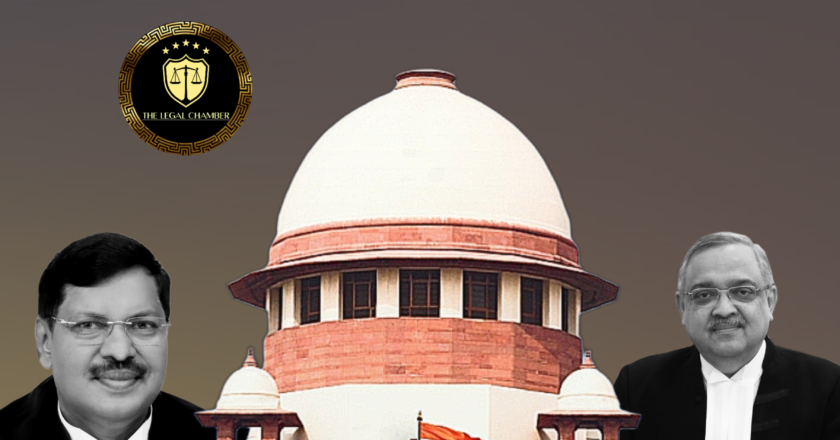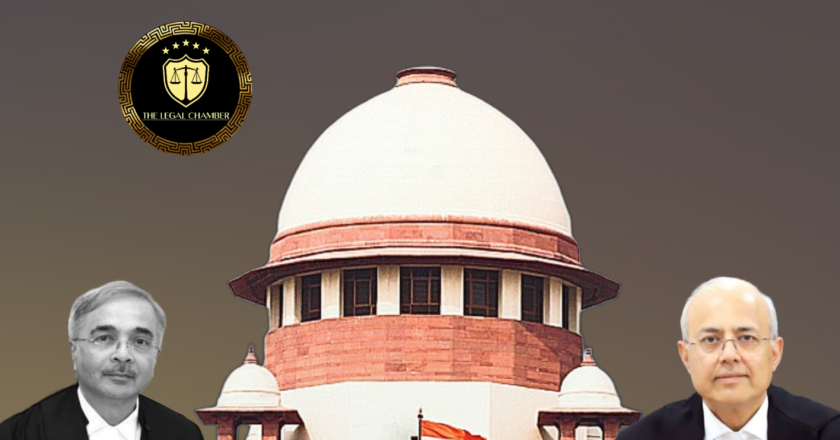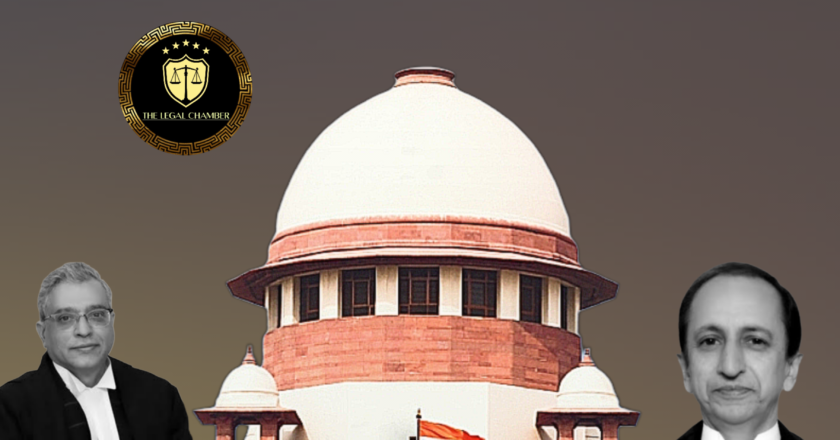Injured Witness Testimony Crucial: Supreme Court Dismisses Appeals in 1988 Double Murder Case
The Supreme Court upheld the appellants' conviction under Sections 302/149 and 307/149 IPC, affirming the High Court's judgment. It ruled the case did not fall under Exception 4 to Section 300 IPC, as the assault with sharp weapons in furtherance of common intention established murder, not culpable homicide. The ocular and medical evidence was found reliable.
Facts Of The Case:
On May 19, 1988, an altercation arose between two groups of relatives over a land boundary dispute in a sugarcane field. The appellants, led by Molhar and Dharamvir, allegedly damaged a ridge (mendh) on the complainant's side. When the deceased Dile Ram objected, a fight ensued. The appellants, armed with lathis, spades, and phawadas, assaulted Dile Ram, Braham Singh, and Bangal Singh (PW-2). Both Dile Ram and Bra...




